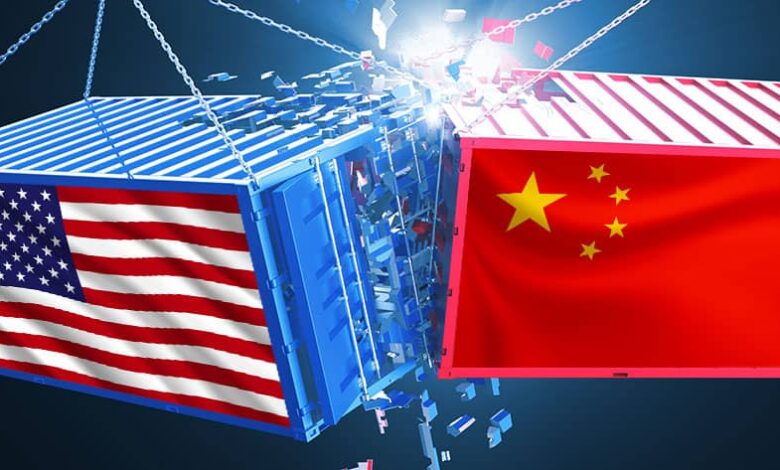
As the trade war between the United States and China intensifies, Beijing has taken a significant step by suspending exports of critical rare earth elements, metals, and magnets. This move threatens to disrupt supplies essential for various industries, including defense, electronics, automotive, aerospace, semiconductor manufacturing, and consumer goods.
According to a report by The New York Times, the Chinese government is currently drafting a new regulatory framework for exports. Shipments of magnets, crucial for manufacturing everything from automobiles to missiles, have already been halted at several Chinese ports. Once the new regulations are enacted, certain companies, particularly American military contractors, could face long-term supply disruptions.
This official export crackdown is part of Beijing’s response to the escalating trade tensions initiated by former President Trump’s aggressive tariffs. China produces roughly 90% of the world’s rare earth elements—a group of 17 critical substances utilized across various sectors, including defense and electric vehicles. The export control list now includes seven categories of medium and heavy rare earths, such as samarium, gadolinium, and dysprosium. Notably, the United States has only one operational rare earth mine, relying heavily on Chinese imports.
On April 2, Beijing implemented these export restrictions as part of a broader retaliation against Trump’s tariffs, which had increased to 54% on many Chinese goods. The restrictions affect not only raw materials but also finished products like permanent magnets, which are challenging to source from alternative suppliers.
This escalation in trade tensions leaves American manufacturers scrambling for the critical minerals they have depended on for decades. The export of these metals and specialized magnets now requires special licenses, as reported by The New York Times. However, the licensing system is still under development, raising concerns among industry executives about potential shortages of minerals and products outside China.
The export controls apply to all countries, not just the United States, showcasing China’s ability to leverage its dominance in the mining and processing of these vital minerals. While the restrictions do not amount to an outright ban, Beijing can significantly limit shipments by controlling the number of export licenses issued. Major U.S. companies, including Lockheed Martin, Tesla, and Apple, rely on Chinese rare earths in their supply chains.
Although the U.S. government has stockpiles of some rare earths, these reserves are insufficient to meet the long-term needs of defense contractors. Furthermore, China has already imposed outright bans on the export of three metals to the U.S. and has placed controls on numerous others.
The recent restrictions on heavy rare earths are particularly crucial, as China maintains stringent control over these elements. Experts note that there is currently only one heavy rare earth element operation outside of China, located in Myanmar and Laos, where China is heavily involved in the supply chains.
The heavy rare earth metals suspended from export by China are vital for producing magnets used in electric motors for electric vehicles, drones, robots, missiles, and spacecraft. These metals are also essential for manufacturing jet engines, lasers, car headlights, and specific electrical components that power artificial intelligence servers and smartphones.



